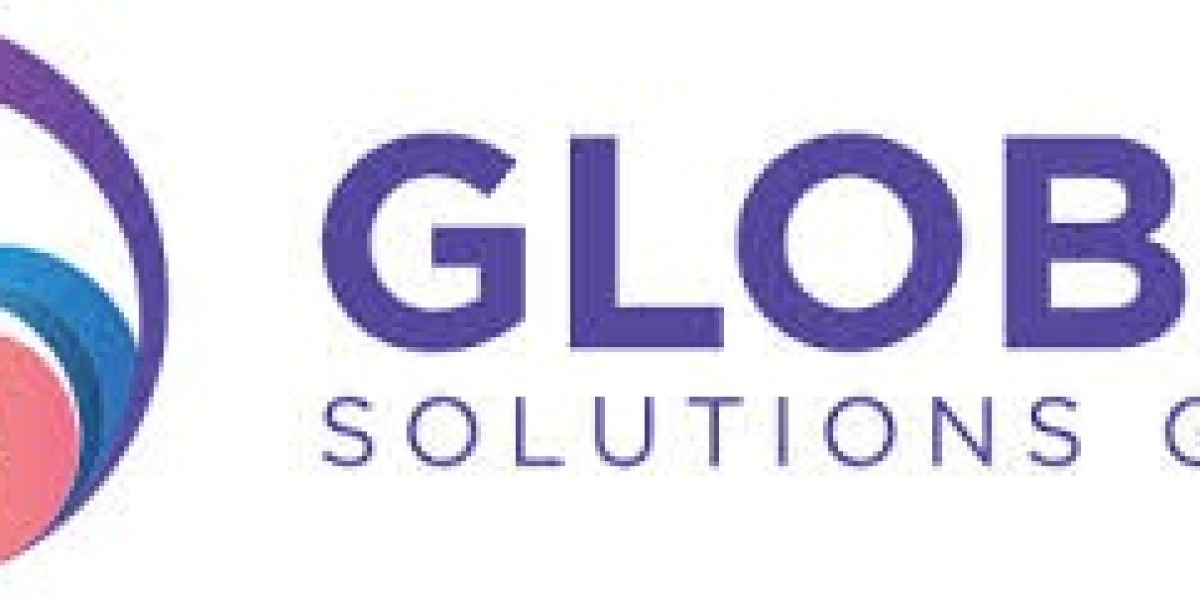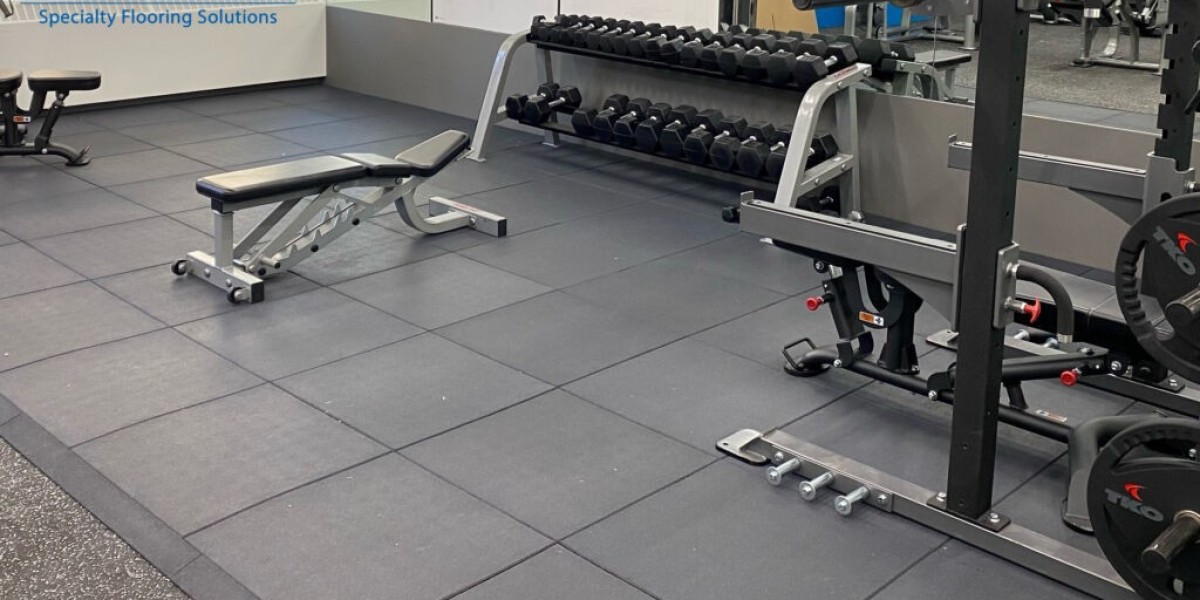In today’s fast-paced industrial world, companies are increasingly turning to technology to enhance efficiency, streamline operations, and maintain competitiveness. Two key solutions that have become indispensable for modern manufacturing businesses are Manufacturing Production Software and Manufacturing ERP Software. While both are crucial for optimizing production processes, they cater to slightly different aspects of manufacturing. Let’s dive into what each of these software systems entails and how they can transform manufacturing operations.

What is Manufacturing Production Software?
Manufacturing Production Software focuses primarily on the production side of operations. It is designed to monitor, control, and optimize the manufacturing process from start to finish. This type of software is typically used for tasks related to:
- Production Planning: Helps manufacturers plan production schedules, ensuring that resources are used efficiently and deadlines are met.
- Inventory Management: Tracks raw materials, components, and finished goods, preventing shortages or overstocking.
- Work Order Management: Helps in creating and managing work orders, ensuring that production teams know exactly what to produce, how, and when.
- Quality Control: Monitors the quality of products at various stages of production, ensuring they meet set standards.
- Shop Floor Control: Tracks the actual progress of the production process on the shop floor, providing real-time updates on job statuses, machine efficiency, and labor productivity.
Manufacturing Production Software can be crucial for companies looking to focus on process optimization, quality control, and production efficiency. By integrating such systems, manufacturers can reduce waste, avoid bottlenecks, and improve overall productivity.
What is Manufacturing ERP Software?
While Manufacturing Production Software focuses on production-specific tasks, Manufacturing ERP Software (Enterprise Resource Planning) is a broader system designed to manage all aspects of an organization. ERP systems integrate various business functions into one unified system, such as:
- Accounting & Finance: Tracks costs, budgets, and financial transactions to ensure profitability.
- Inventory & Supply Chain Management: Automates procurement, tracks suppliers, and manages inventory across the entire organization.
- Human Resources (HR): Manages workforce planning, payroll, and employee performance.
- Sales & Distribution: Handles customer orders, sales tracking, and shipment logistics.
- Customer Relationship Management (CRM): Provides tools for managing customer interactions, marketing, and service.
For manufacturing companies, Manufacturing ERP Software is particularly advantageous as it combines the operational side of the business (like production management) with the administrative functions. It provides real-time visibility across the entire organization, helping leaders make informed decisions.
Key Features of Manufacturing ERP Software:
- Integrated Modules: A seamless flow of information between various departments, reducing the need for manual data entry and minimizing errors.
- Real-Time Data & Analytics: Offers up-to-date information on operations, enabling better decision-making and faster responses to market changes.
- Automation: ERP systems automate routine tasks such as inventory replenishment, billing, and scheduling, freeing up employees for more strategic work.
- Scalability: As companies grow, ERP systems can scale to handle increasing volumes of transactions, inventory, and workforce management.
While Manufacturing Production Software focuses primarily on streamlining the production process, Manufacturing ERP Software connects production with every other department in a company. The result is a holistic approach to business operations that drives growth, profitability, and efficiency.
The Importance of Integrating Manufacturing Production Software with ERP
The integration of Manufacturing Production Software with ERP systems is highly beneficial for manufacturers. By connecting production with other critical functions, businesses can enjoy several advantages:
- Enhanced Visibility: With both production and other business functions integrated, managers can gain a complete, real-time view of the entire organization. This transparency allows for quicker decision-making and problem resolution.
- Improved Efficiency: Integrating these systems eliminates data silos and reduces manual processes. Information flows seamlessly across departments, preventing delays and reducing the risk of errors.
- Better Resource Management: Manufacturing Production Software provides insights into inventory and production schedules, while ERP helps manage the entire supply chain and procurement process. This ensures that resources are available when needed without overburdening the supply chain.
- Cost Savings: Automation and optimized production lead to fewer errors, less waste, and a reduction in production downtime. With streamlined operations, manufacturers can reduce operational costs and improve profitability.
- Data-Driven Decisions: Both systems offer data analytics, providing insights into performance across various departments. This enables leaders to make informed, data-driven decisions that lead to better outcomes.
Choosing the Right Manufacturing Software
Selecting the right software for your business depends on several factors such as the size of your company, the complexity of your operations, and your specific business needs. Here are a few considerations when deciding on Manufacturing Production Software or an ERP system:
- Company Size: Smaller businesses may benefit from more specialized production software, while larger enterprises may need a fully integrated ERP system.
- Industry-Specific Requirements: Different industries have varying needs. For example, automotive manufacturers may require specialized production software, while food manufacturers may prioritize inventory management and traceability.
- Scalability: Ensure that the software you choose can grow with your business. ERP systems, in particular, should have the capability to scale as your company expands.
- Customization: Your business may have specific needs that require custom solutions. Some ERP and production software providers offer tailored packages to meet those requirements.
Conclusion
Both Manufacturing Production Software and Manufacturing ERP Software are essential for optimizing manufacturing operations in today’s competitive landscape. While production software focuses on improving the efficiency of the production process, ERP software integrates all aspects of business management for a holistic approach.
When combined, these solutions provide manufacturers with the tools they need to streamline operations, reduce costs, and increase profitability. By selecting the right systems and ensuring they are properly integrated, manufacturing businesses can position themselves for long-term success in an increasingly digital and data-driven world.








